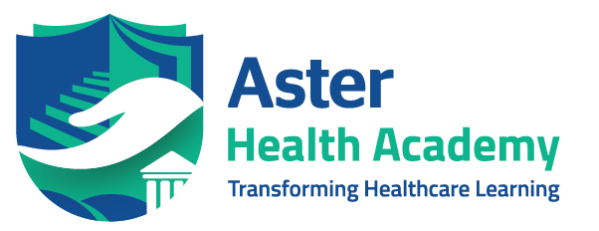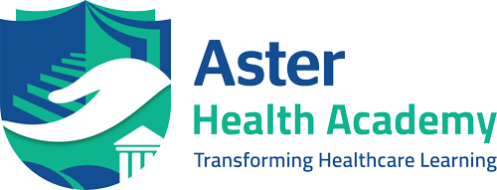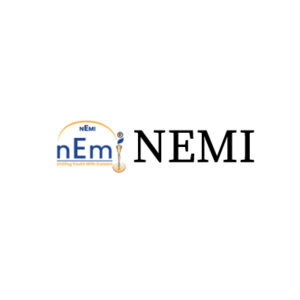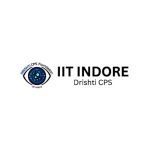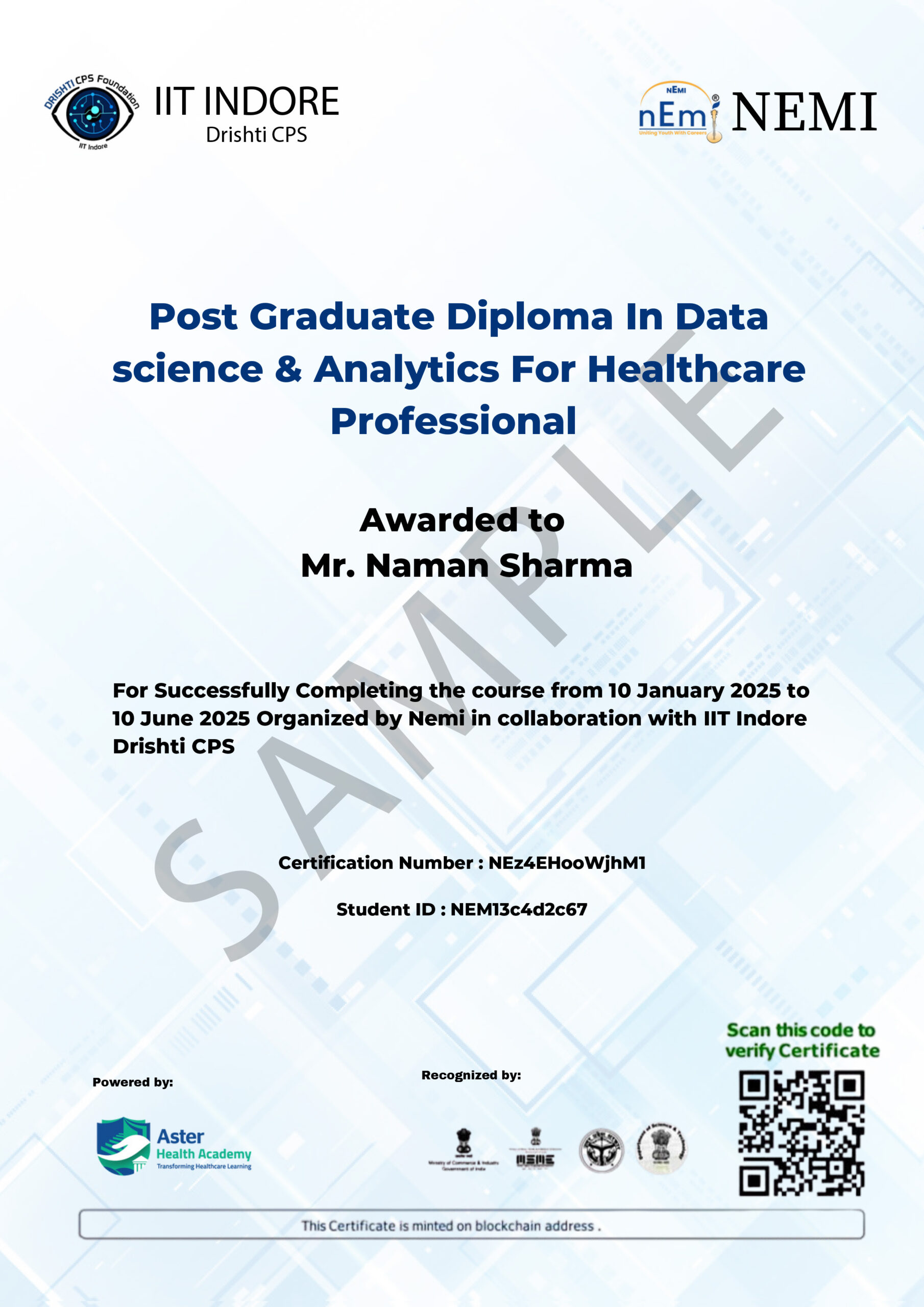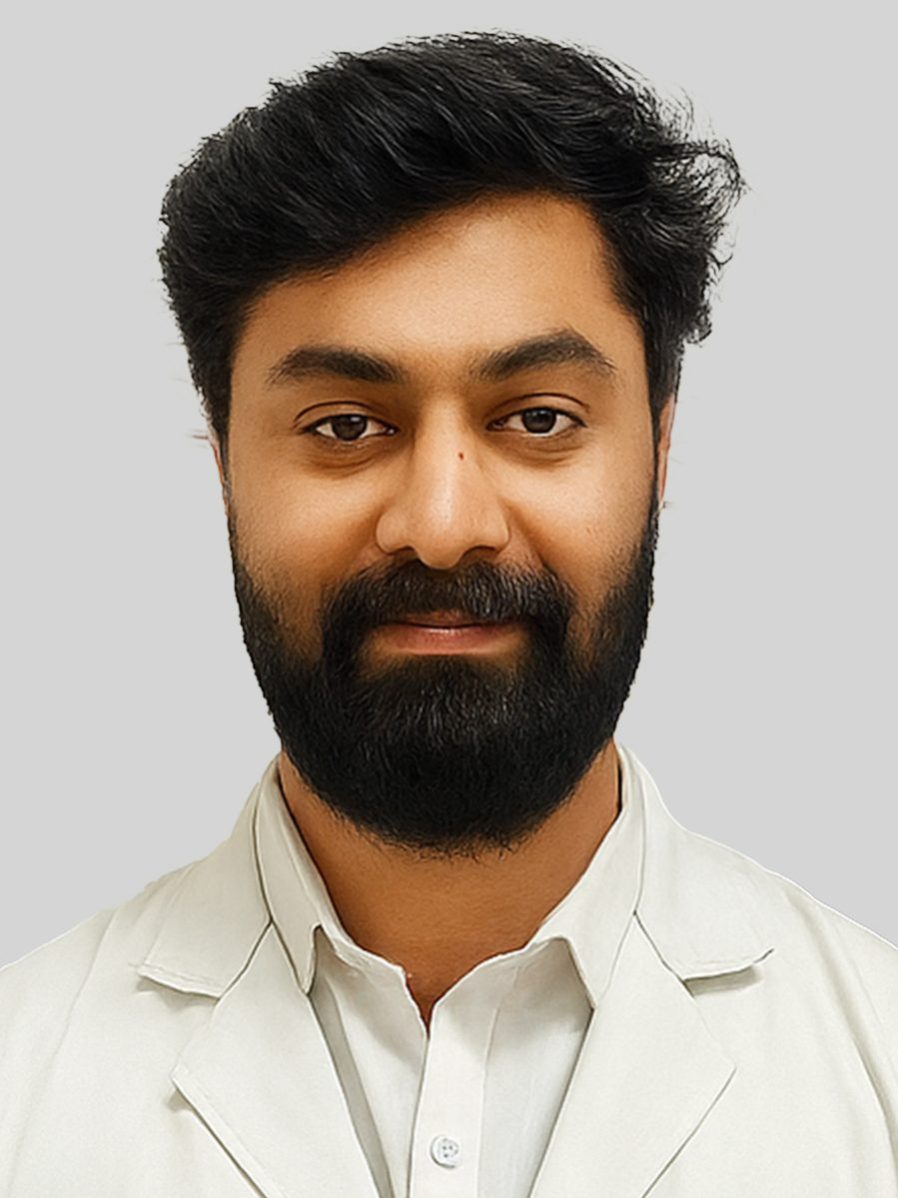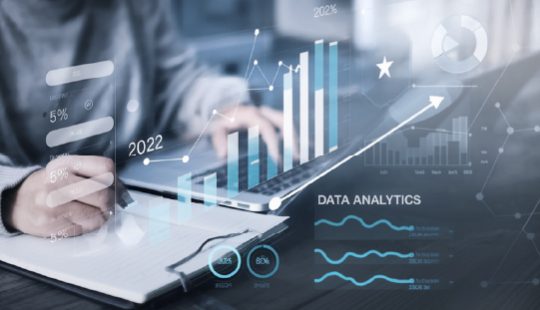
About the course:
Curriculum:
Fundamentals of Data Science
Core Data Science Applications in Healthcare
Data Manipulation and Visualization with Python
Advanced Python for Healthcare Applications
Core Concepts of Data Science
Predictive Analytics in Healthcare
Digital Transformation in Healthcare
Introduction to Healthcare Data Ethics
Introduction to Data Visualization Techniques
Quantum Computing in Healthcare
Practical Applications of Data Science in Healthcare
DIY Projects for Hands-On Learning
Capstone Project
Future Trends and Career Opportunities
Who this course is for:
Sample Certificate:
FAQ:
Academic Team
Curriculum:
Fundamentals of Data Science
Core Data Science Applications in Healthcare
Data Manipulation and Visualization with Python
Advanced Python for Healthcare Applications
Core Concepts of Data Science
Predictive Analytics in Healthcare
Digital Transformation in Healthcare
Introduction to Healthcare Data Ethics
Introduction to Data Visualization Techniques
Quantum Computing in Healthcare
Practical Applications of Data Science in Healthcare
DIY Projects for Hands-On Learning
Capstone Project
Future Trends and Career Opportunities
